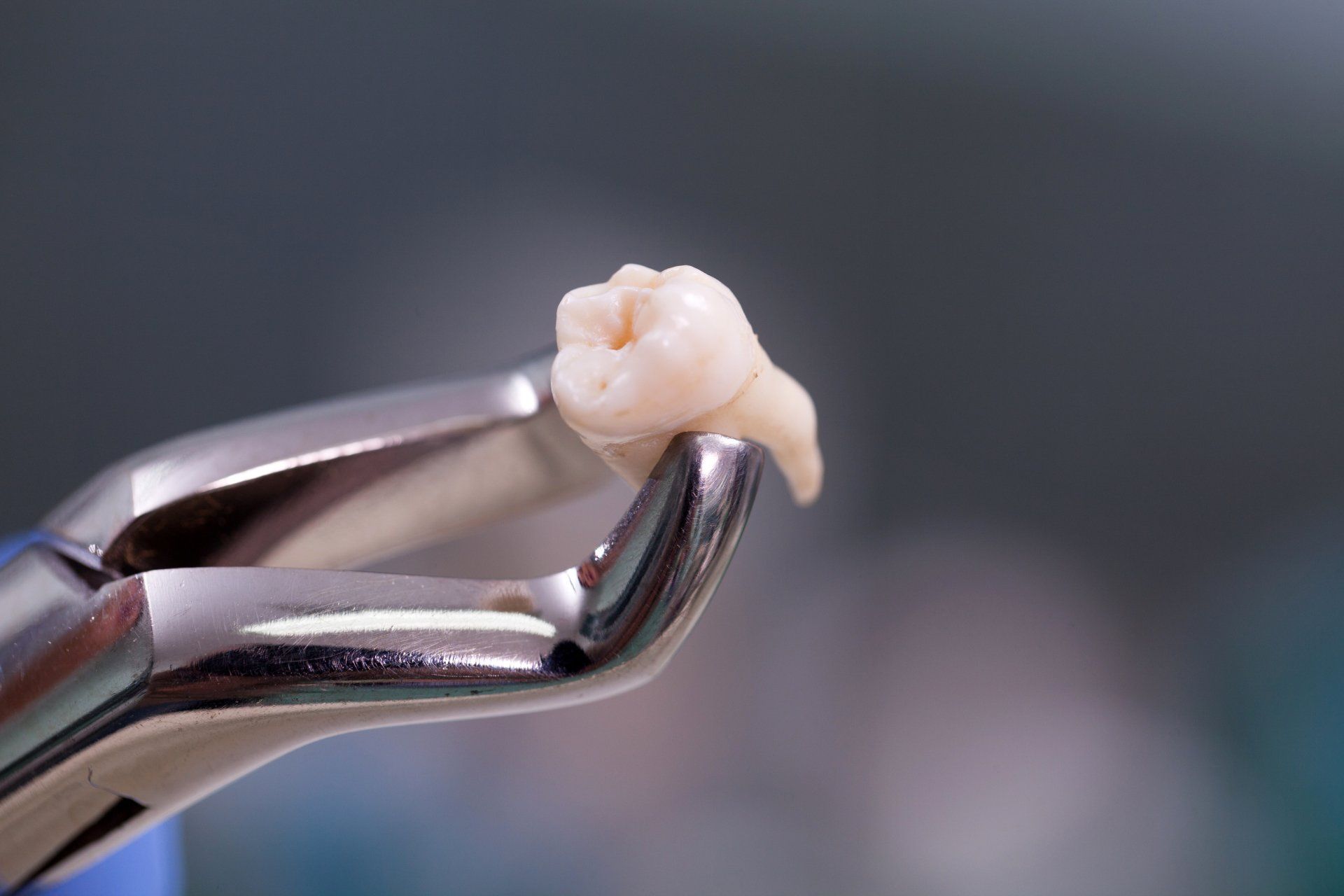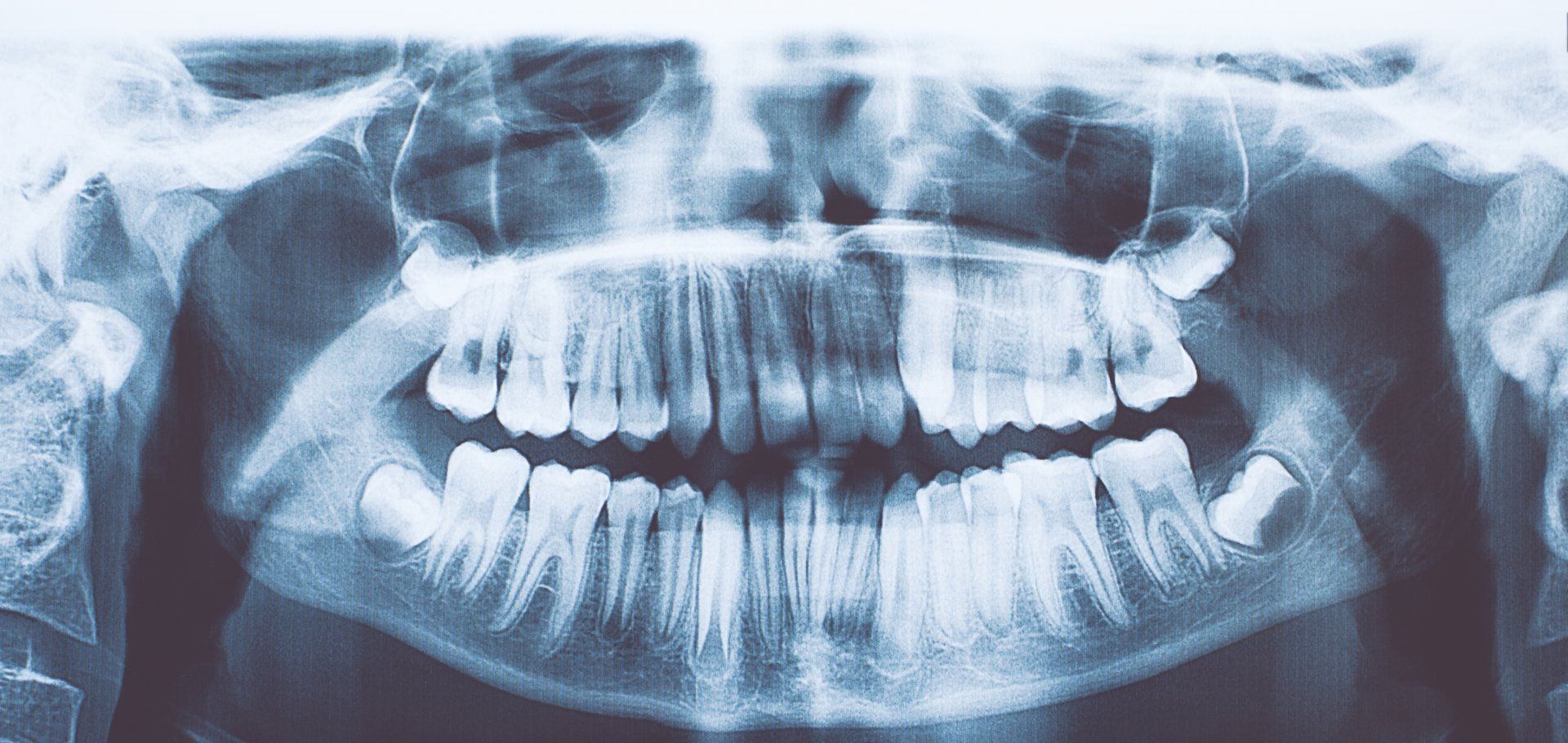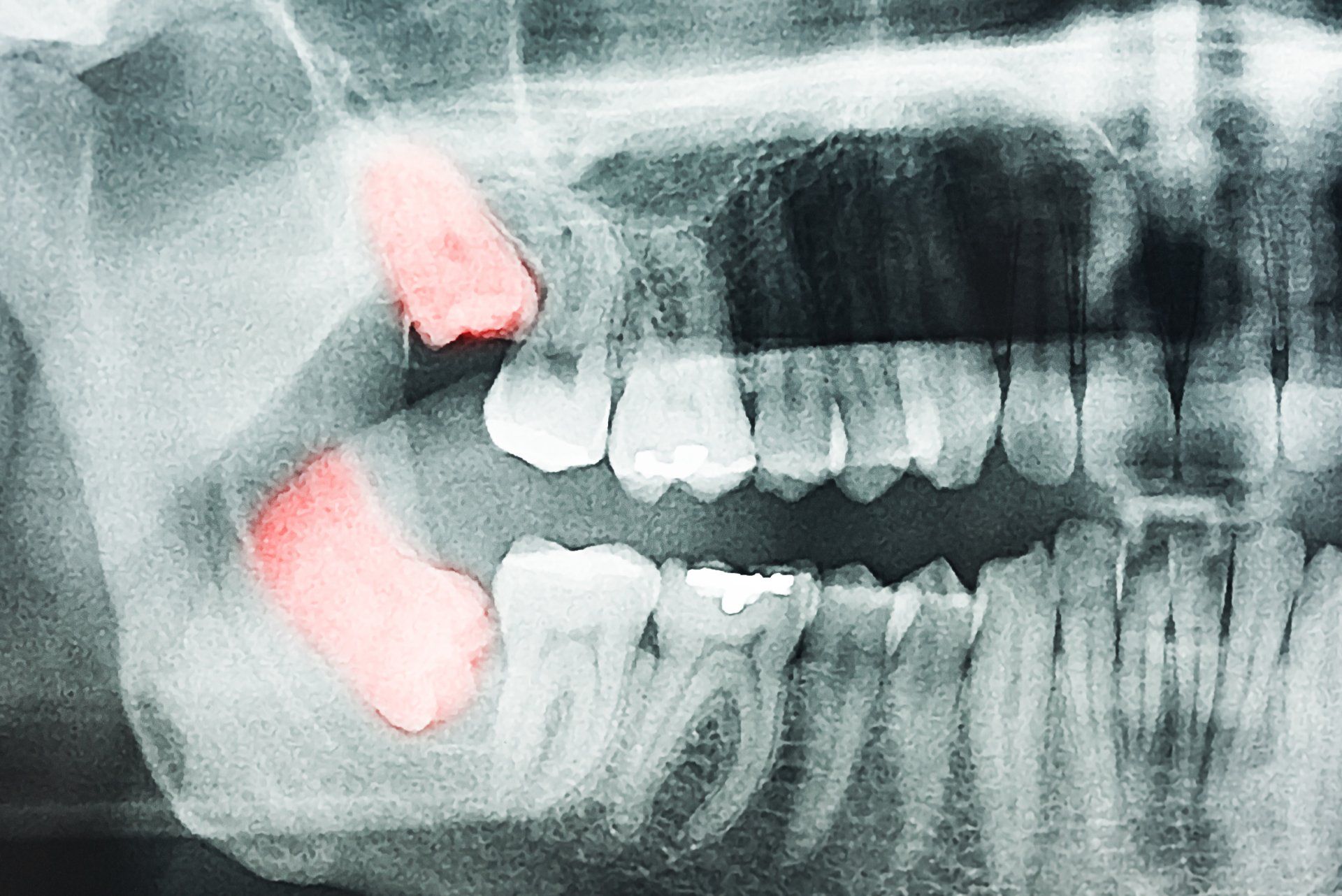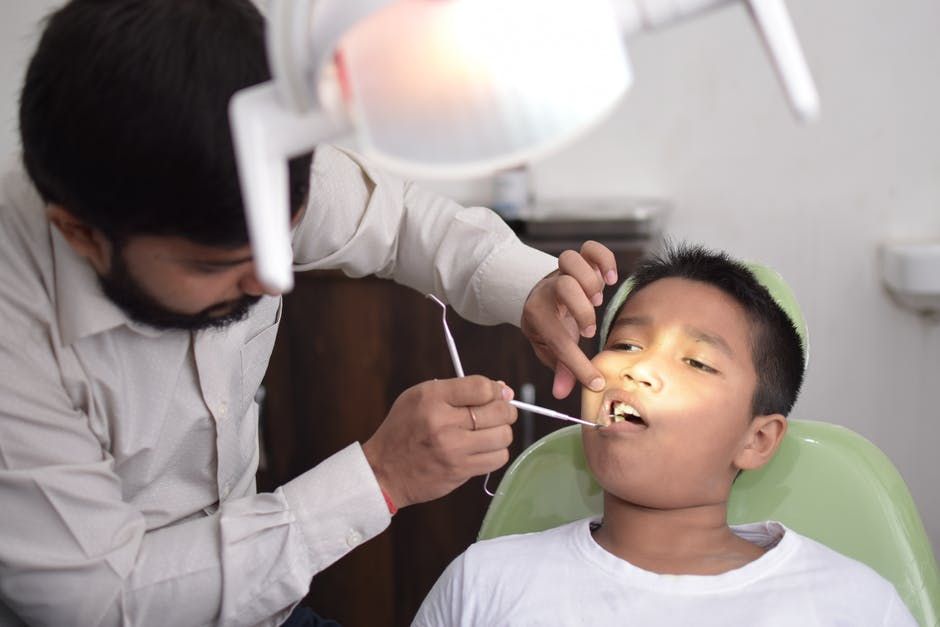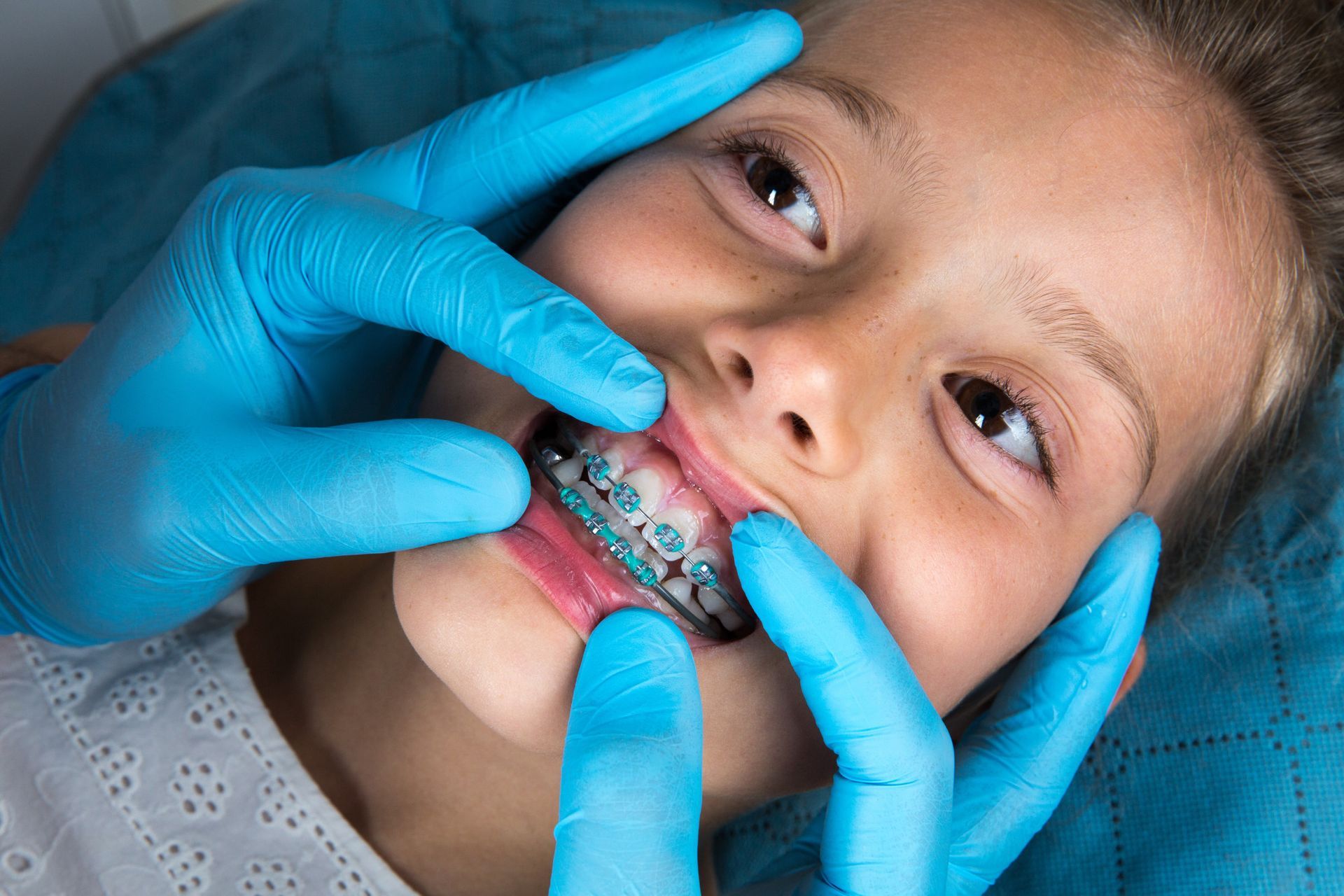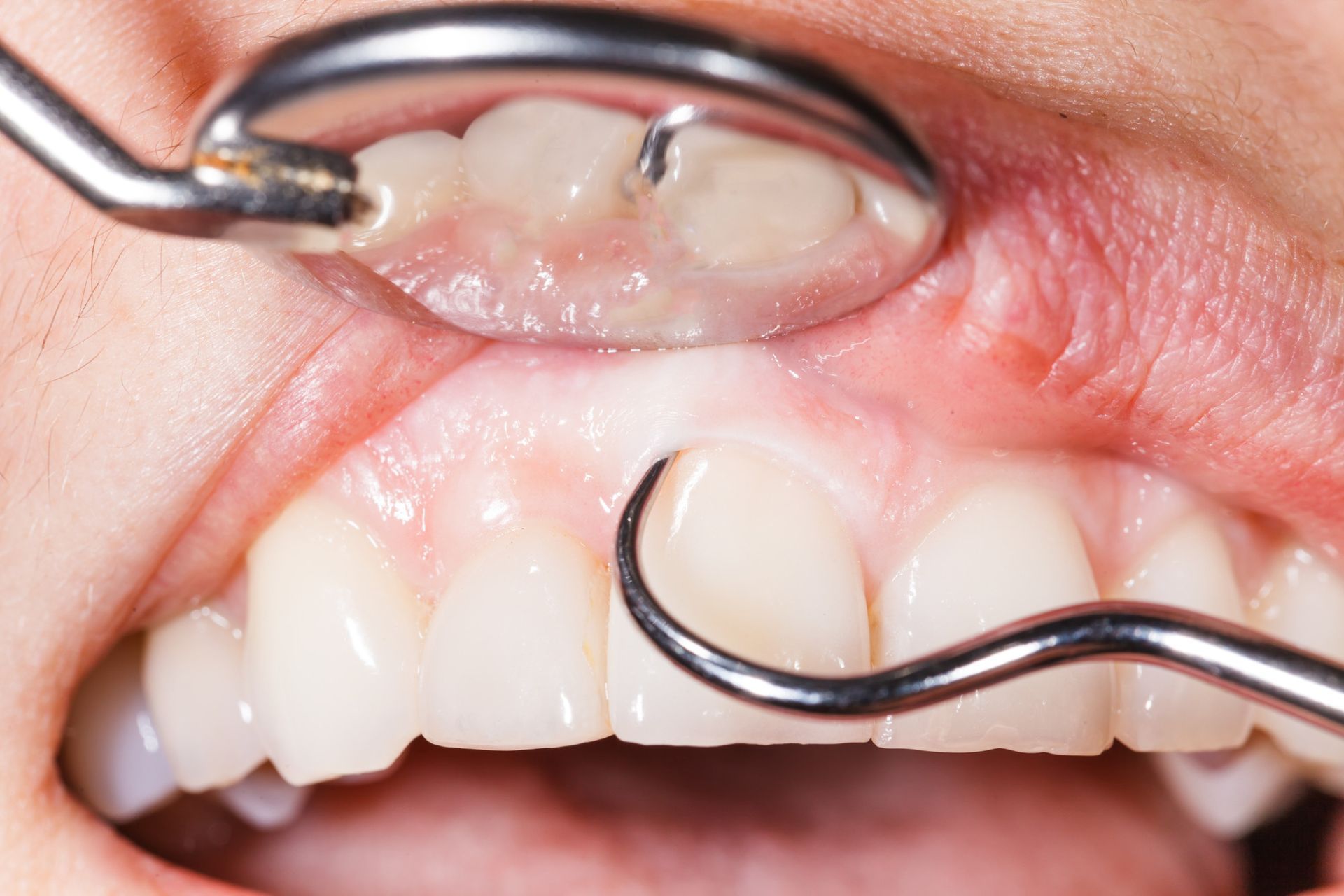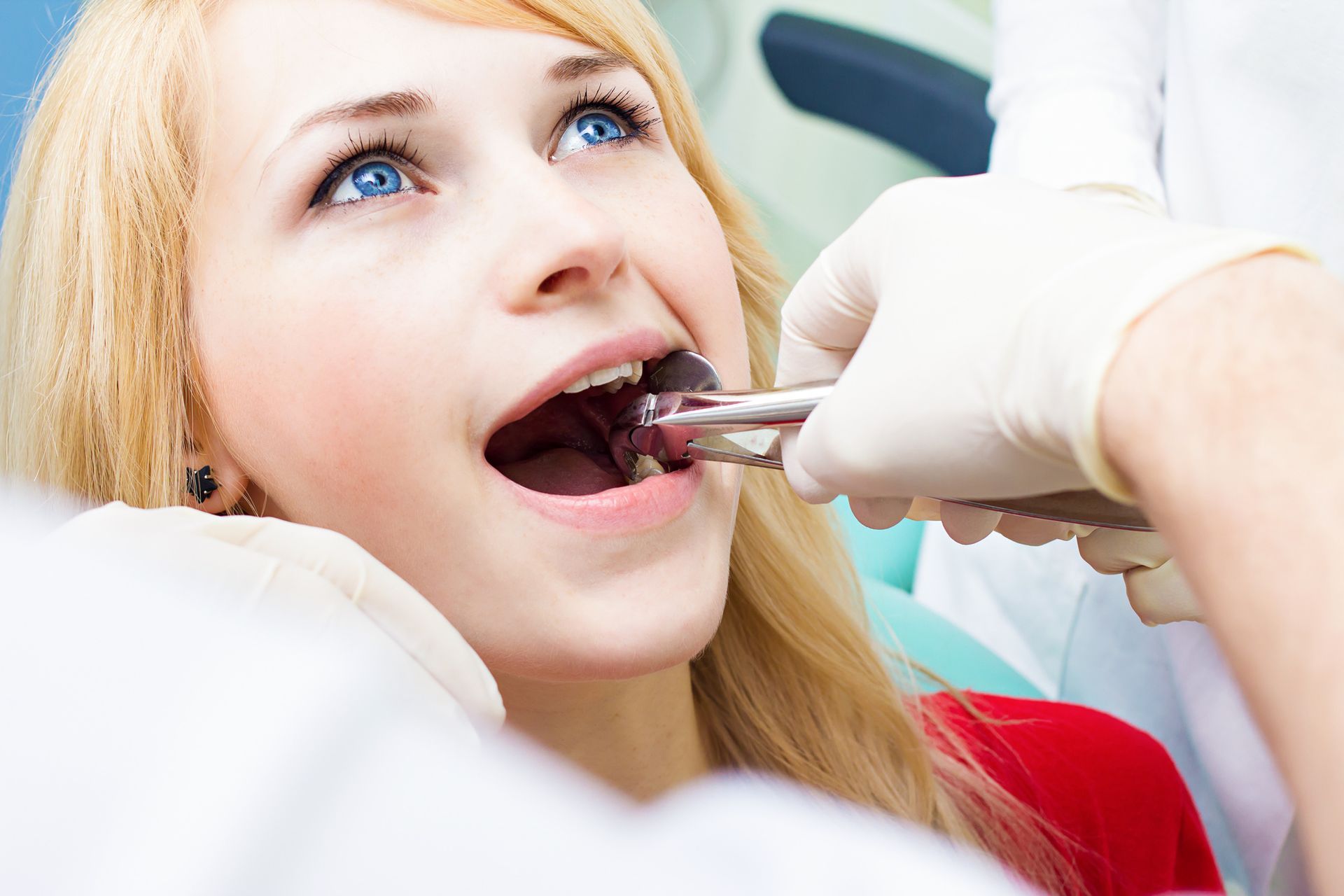How to Choose the Right Gum Treatment Option for You
Around 6.4% of people in Canada don't have any teeth at all. One of the common causes of lost teeth has to do with gum disease. Gum disease can come in different severities, but once it becomes severe enough, it will no longer be a good foundation for your teeth and they can easily fall out.
This is not to mention that other problems can arise such as infection, bad breath, and so on. Fortunately, there are many gum treatment options out there to consider and, of course, there is also the power of prevention. Keep reading and learn more about what gum disease is, why it happens, and what you can do to treat it.
What You Need to Know About Gum Disease
Gum disease can happen for a variety of reasons, but it usually has to do with poor dental hygiene. In particular, when you don't often brush your teeth, the oral bacteria in your mouth will start to produce a substance known as plaque. Plaque is a thin, sticky substance that sticks to your teeth.
If it isn't brushed away, it will eventually turn into a harder substance known as tartar. Tartar is a very hard yellow or white substance that builds up around the base of your teeth and is usually too difficult to remove without the professional help of a dentist. The problem with tartar is that it can irritate your gums and inflame them.
This is not to mention that tartar traps bacteria against the gums and makes things even worse. At a certain point, your gums will become diseased. The first stage of gum disease is known as gingivitis.
Many people have gingivitis without even realizing it. If you ever floss your teeth and find your gums bleeding, this is a sign that you have gingivitis. This is because whenever your gums bleed, this is a sign that your gums are inflamed and puffy.
The Details
If you have gingivitis, you may notice that your gums are red and swollen rather than firm and pink. Even brushing your teeth may cause your gums to bleed. At a certain point, if you don't take care of your teeth and gums, gingivitis will become a much worse situation once it turns into another condition known as periodontitis.
Once your gums get into such a severe state, you may notice more serious symptoms such as loose teeth, constantly bleeding and painful gums, and more. You may start to lose some of your teeth and your gums may start to recede. In some cases, an infection may take hold.
Gum infections can be quite serious since they can easily spread to the rest of your mouth and kill off your teeth, causing them to fall out. In some cases, the infection may spread to the rest of your body which would be a very serious health hazard.
Whatever the case, once your gums start to suffer from the effects of gum disease, it can be hard or even impossible to reverse those effects without the help of professional dental treatment.
What Are Your Gum Treatment Options?
From gum infection treatment to gum recession treatment and beyond, there are many treatment options to consider if you are suffering from gum disease. The treatment you need will mainly depend on the severity of your gum disease. If you only have gingivitis, then the treatment for you won't be very invasive.
A good and effective treatment option for gingivitis mainly involves typical gum cleaning. As mentioned before, gum disease is often caused by poor dental hygiene, especially once tartar builds up around the base of your teeth. Tartar not only can build up around the teeth but it may build up under the teeth in periodontal pockets which is what connects the base of a tooth to your gumline.
Tartar and bacteria can easily get stuck in these crevices if you rarely brush your teeth or floss. However, a dentist can clean out these regions with ease. Usually, your dentist will use a special tool that produces a small jet of water along with other tools to remove excess tartar, plaque, particles of food, and anything else that may be irritating your gums.
A deep cleaning is usually best for those with gum disease as it will ensure that your gums have a clean slate. As soon as your dentist removes all of that debris, your gums will immediately have more room to breathe and relax.
Choosing the Right Treatment
As a result, they won't be as red and inflamed as before. However, this type of gum treatment may not work for everyone. If your gum disease has already advanced to the next stage, you may need a more intense treatment.
In particular, once gingivitis moves onto the next stage, your gums will likely start to recede and some portions of gum tissue may even die off. In this case, it is important to treat your gum disease before it gets any worse because from there, it would be very easy for your teeth to start falling out. A good treatment for receding gums or dead gum tissue involves laser treatment.
There are many laser treatments out there but they all function to do the same thing: remove dead gum tissue. Removing dead or diseased gum tissue with a laser is a very efficient process. The laser will cauterize the gum tissue so that it doesn't bleed and so that the risk of developing an infection is very low.
Your gums, of course, will be numbed for the procedure so that you won't feel the pain of the laser. Removing dead and diseased gum tissue is important because if you just let it sit around, the diseased tissue could spread to healthy tissue and make the situation much worse. Whatever the case, there are many treatment options out there for gums that suffer from gum disease.
But how can you prevent this problem from happening in the first place?
How to Prevent Gum Disease
Preventing gum disease is actually quite easy because all you really need to do is practice regular dental hygiene. For example, brushing your teeth at least twice a day is essential. This will remove plaque from your teeth before it has the chance to become tartar which, of course, will only function to irritate your gums.
Besides that, brushing your teeth can protect your teeth from tooth decay, cavities, tooth infections, and many other dental problems. Brushing your teeth will also stimulate your gums so that there is less of a chance that they will become red, inflamed, or sensitive. Another thing to consider is flossing.
Many people know that flossing is important but rarely bother to do it. However, if you are really intent on keeping your gums as healthy as possible, it is important to floss at least once every day. Doing this stimulates your gums and keeps them firm and healthy.
If your gums bleed once you start flossing, don't worry. As mentioned before, bleeding gums is a sign that your gums are slightly inflamed. However, once you start flossing on a regular basis, you will find that your gums will stop bleeding and that they will become much firmer and healthier.
What to Know
Flossing your teeth is also a great way to remove food particles from between your teeth. While brushing your teeth is great for doing this as well, the bristles of the toothbrush won't be able to fit between your teeth as well as a piece of floss can. Even a small piece of food stuck between your teeth can cause big problems for your dental health.
This is because the bacteria in your mouth will flock to it and produce plaque, tartar, acid, and all sorts of other byproducts that won't be good for your teeth. As long as you floss your teeth on a regular basis, you won't have to worry about any of those problems.
This is not to mention that flossing will improve your breath. Again, this is because there won't be any decaying food or gum tissue in your mouth to worsen your breath.
Frequently Asked Questions (FAQs)
Choosing the Right Gum Treatment
There are many gum treatment options out there and it is important to find the right one for you. For example, if you only have mild gum disease, you can opt for a gum cleaning treatment. If you have severe gum disease, laser treatment may be more beneficial.
To learn more about it, book an appointment with us here.


